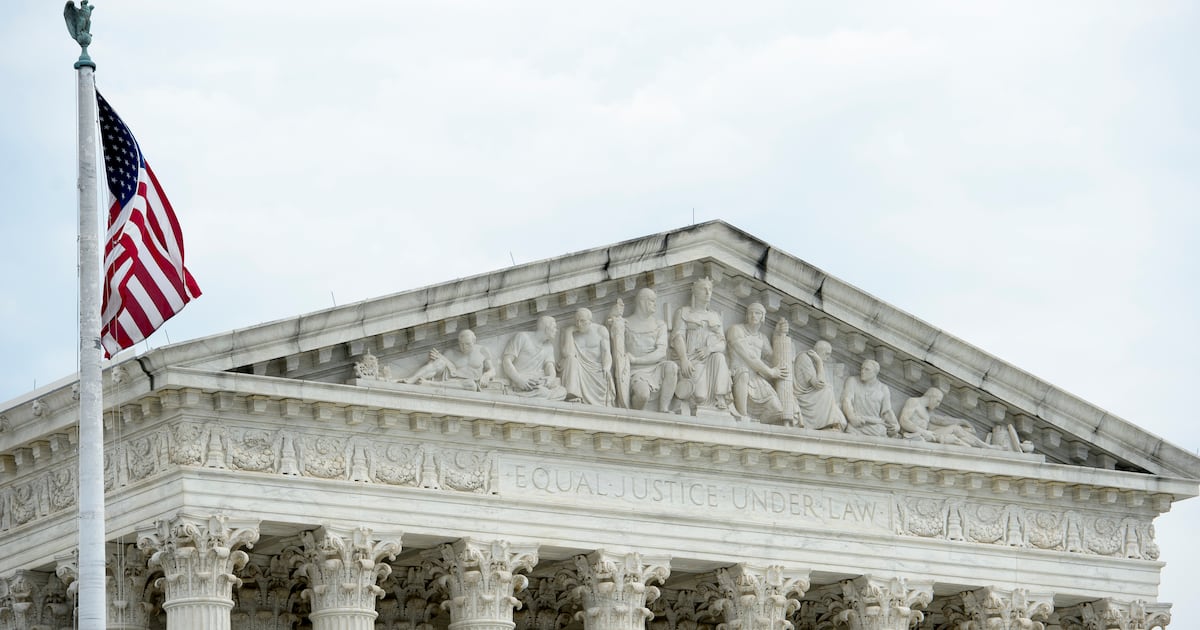High Court Dismisses Montana’s Attempt to Reinstate Parental Consent Law for Minors’ Abortions


Montana Legal Battle Over Parental Rights and Abortion Access Continues
State leaders in Montana have recently expressed dissatisfaction with a court ruling that they claim infringes upon the rights of parents to be informed about their children’s medical decisions, particularly in the context of abortion access for minors. This issue has sparked further legal scrutiny as Montana positions itself as a proponent of parental involvement in such sensitive matters.
In legal documents submitted to the court, state attorneys asserted, “The right that Montana seeks to vindicate here — parents’ right to know about, and participate in, their child’s medical decisions — falls well within the core of parents’ fundamental rights.” This assertion reflects a broader national dialogue regarding parental rights versus the autonomy of minors, especially as it pertains to reproductive health.
Adding complexity to the situation, conservative Justices Samuel Alito and Clarence Thomas noted in their separate writings that the decision by the U.S. Supreme Court to deny taking on the case was largely about procedural issues and did not signify a dismissal of the state’s arguments. This nuance indicates ongoing debates within the judiciary concerning parental rights and the legal frameworks surrounding abortion.
Conversely, Planned Parenthood contended that the recent ruling by the Montana Supreme Court appropriately balanced the rights of parents with those of minors. The organization emphasized that Montana has long recognized the right to access abortion services, a stance that became even more pronounced following the recent nationwide overturning of Roe v. Wade. Last year, Montana voters codified abortion rights into the state constitution, further solidifying its legal protections.
In their defense, Planned Parenthood articulated, “Petitioners seek to use the parental right as a cudgel against a minor’s rights. The broader interests of the child must be accounted for along with parental rights.” This perspective underscores the importance of considering the nuances surrounding minors’ health decisions within a legal framework that also respects parental influence.
Under the contested law, which mandates notarized written consent for individuals under 18 seeking abortions, minors may also have the option to pursue a judicial bypass, allowing judicial approval for the procedure without parental consent. Additionally, Montana enforces another statute that requires notification of parents when minors undergo abortions.
Nationally, the landscape remains complex; over two dozen states enforce parental consent requirements for minors seeking abortions. California and New Mexico have blocked similar laws, and twelve additional states have enacted parental notification mandates, with several facing legal challenges. The ongoing legal discourse in Montana is emblematic of a larger conflict over balancing parental authority with minors’ rights in the realm of reproductive health—an issue that continues to evolve amidst shifting political and social landscapes.





